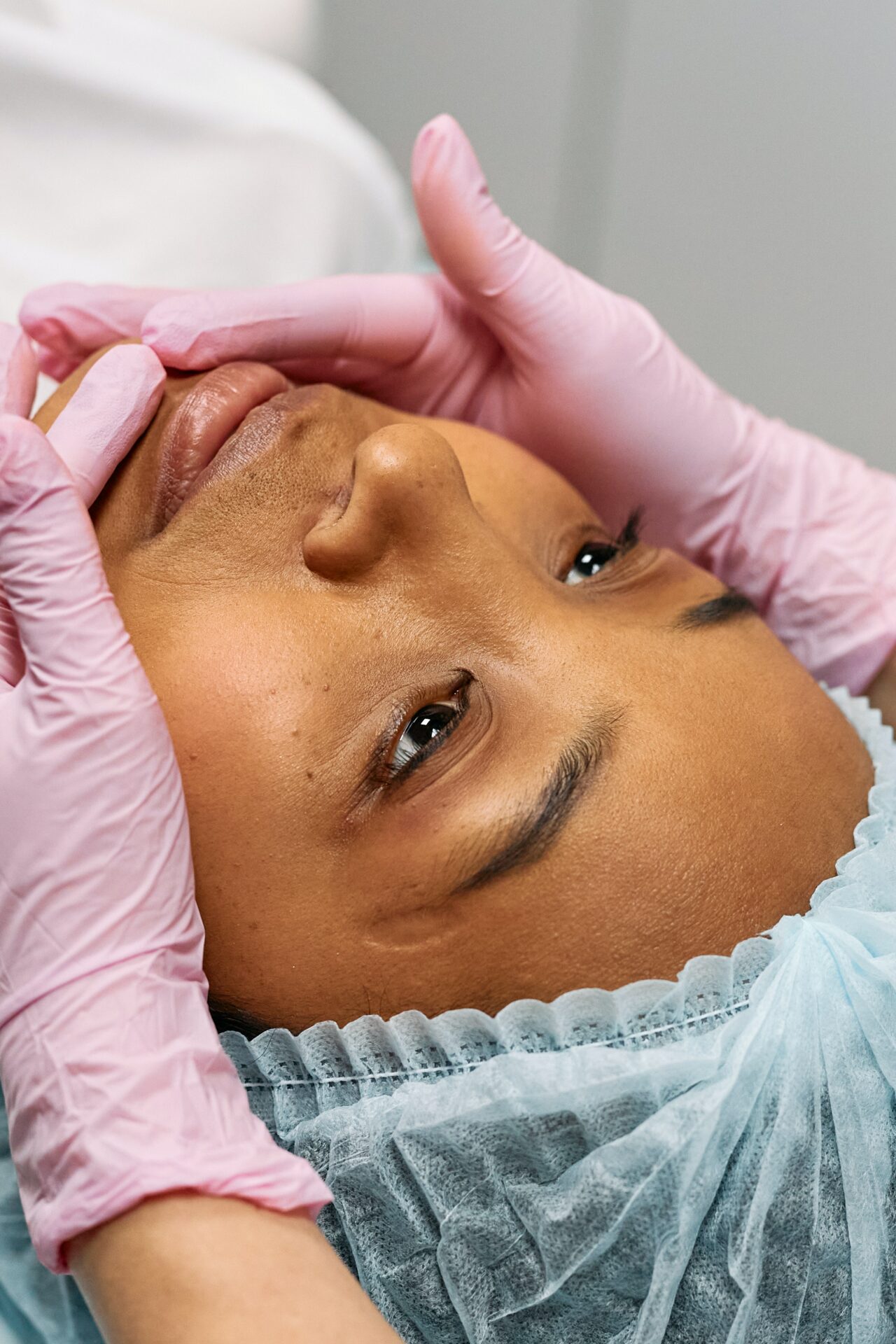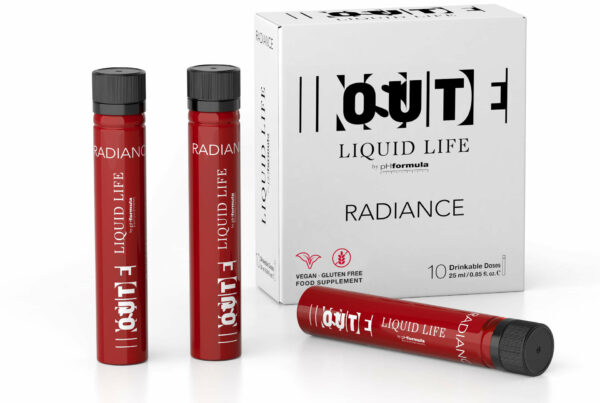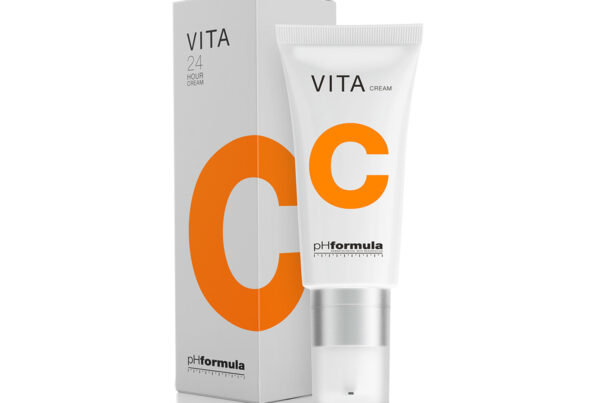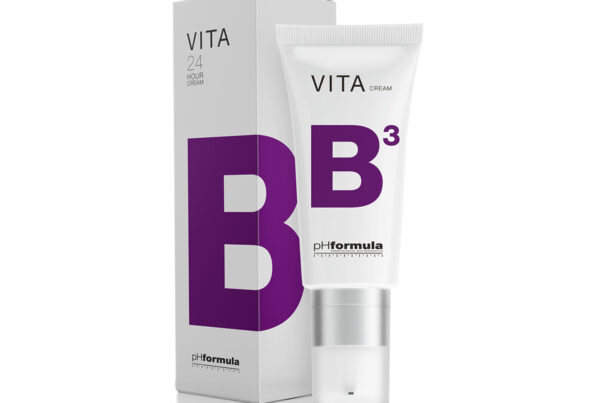The Impact Age Has On Our Skin:
Ageing skin refers to the natural changes that occur in the skin as we grow older. These changes can result in a variety of skin concerns, such as wrinkles, fine lines, age spots, and a loss of skin elasticity. The onset and severity of ageing skin can be influenced by a number of factors, including genetics, lifestyle habits, and environmental factors.
The causes of ageing skin can be divided into intrinsic and extrinsic factors. Intrinsic factors are related to the natural ageing process and include the slowing of cell turnover, a decrease in collagen production, and a loss of skin elasticity. Extrinsic factors are related to external influences and include factors such as sun exposure, smoking, pollution, and diet. These factors can accelerate the ageing process and lead to premature ageing. The combination of intrinsic and extrinsic factors can lead to the development of ageing skin and the various skin concerns that come with it.
Skincare is an important aspect of maintaining healthy, youthful-looking skin as we age. Skincare can help to address the skin concerns mentioned above, such as wrinkles, fine lines, and age spots. An effective skincare routine can also help to improve skin texture, tone, and hydration, even helping to prevent further damage and delay the onset of visible signs of ageing.
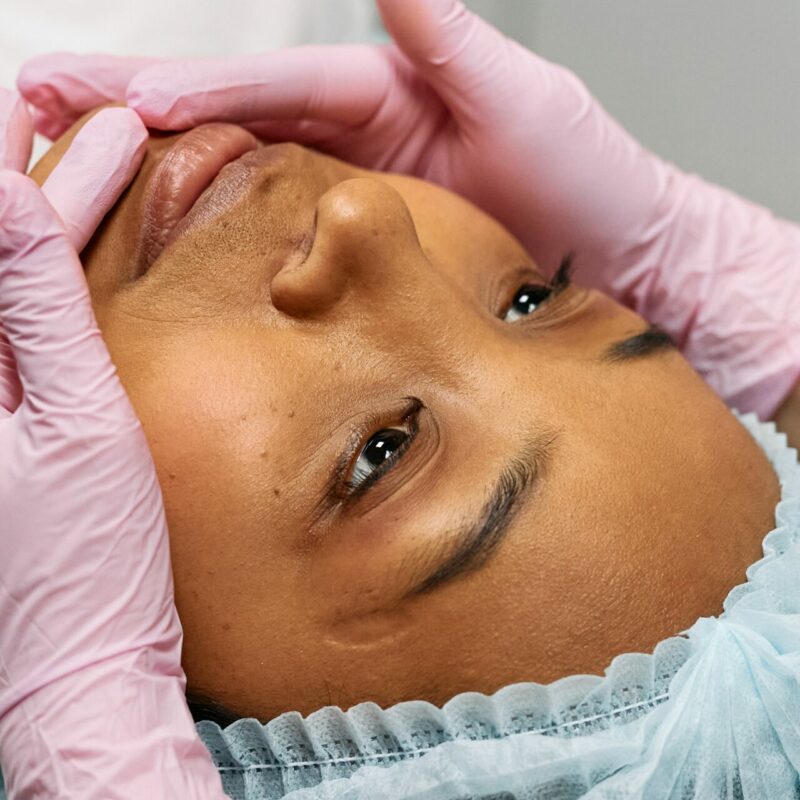
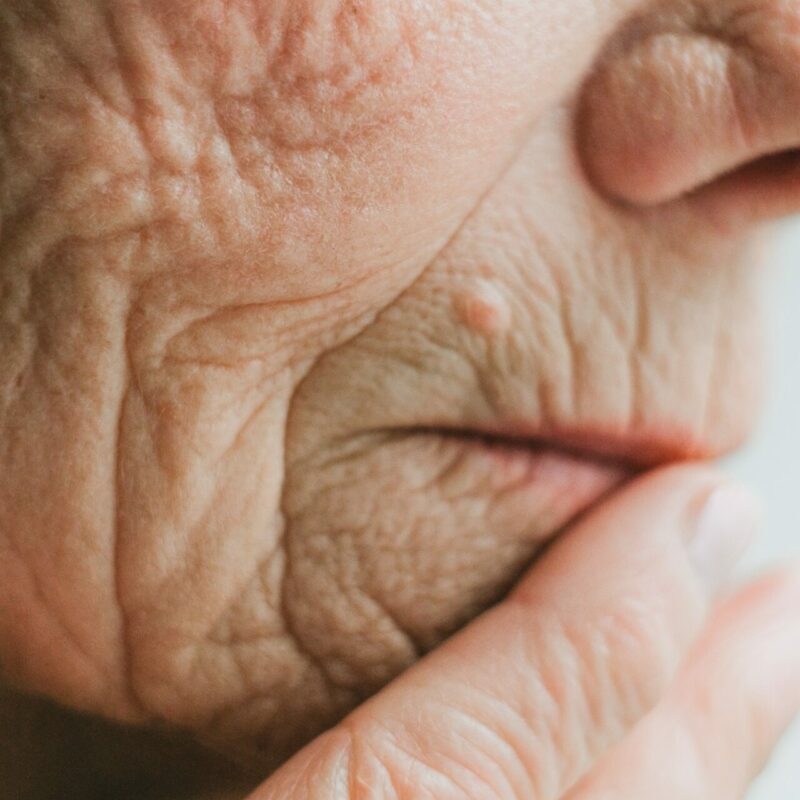
Physiology of Ageing Skin:
The skin is the body’s largest organ and is composed of three layers: the epidermis, dermis, and subcutaneous layer. The epidermis is the outermost layer and acts as a protective barrier for the skin. The dermis is the middle layer and contains collagen and elastin fibers and also houses most of our appendages which provide a whole host of functions for our skin and body. The subcutaneous fat layer is the deepest layer and provides insulation and cushioning for muscles, organs and bones.
As we age, changes occur in each of these layers, leading to a number of physiological changes in the skin. In the epidermis, there is a decrease in cell turnover and a thinning of the skin, which can contribute to the appearance of age spots and other discolourations. The dermis, which contains collagen and elastin fibers, also undergoes changes with age. Collagen production decreases, leading to a loss of skin firmness and elasticity, while elastin fibers become fragmented, leading to wrinkles and sagging skin. The subcutaneous fat layer also thins with age, which can contribute to the loss of “fullness” increasing the appearance of wrinkles and fine lines.
As collagen production decreases, skin becomes less able to “bounce back” from stress and damage, leading to a loss of elasticity. Skin also becomes less able to retain moisture, resulting in dryness and a dull, lack-luster appearance. Understanding the effects of ageing on skin physiology is important for developing effective skincare routines and treatments to address the concerns associated with ageing skin.
Factors that Accelerate Skin Ageing:
There are a number of factors that can accelerate the ageing process in the skin. These factors can be divided into lifestyle, environmental, genetic, and hormonal factors.
Lifestyle factors such as smoking, poor diet, and excessive sun exposure can contribute to premature ageing. Smoking can cause damage to the collagen and elastin fibers in the skin, leading to wrinkles and sagging skin. A poor diet lacking in essential nutrients can also contribute to skin ageing, while excessive sun exposure can lead to the formation of age spots and a breakdown of collagen and elastin fibers.
Environmental factors such as pollution, climate, and stress can also accelerate skin ageing. Pollution can lead to the formation of free radicals in the skin, which can damage collagen and elastin fibers, while extreme climates can cause skin to become dehydrated and lose elasticity. Chronic stress can also contribute to premature ageing by increasing inflammation and oxidative stress in the body.
Genetic factors and hormonal changes can also play a role in skin ageing. Genetics can influence the rate at which skin ages, while hormonal changes such as those that occur during menopause can lead to a decrease in collagen production and a loss of skin elasticity.
Understanding the factors that can accelerate skin ageing is important for developing strategies to prevent premature ageing and maintain healthy, youthful-looking skin. By adopting healthy lifestyle habits, protecting skin from environmental stressors, and seeking out effective skincare treatments, it is possible to slow down the ageing process and maintain a healthy, vibrant complexion.
Common Concerns with Ageing Skin:
Wrinkles and fine lines are among the most visible signs of ageing skin. These lines and creases form as the skin loses collagen and elastin fibers, which provide strength and elasticity to the skin. Wrinkles and fine lines can be exacerbated by factors such as sun exposure, smoking, and poor diet.
Age spots and hyperpigmentation. These dark spots are caused by an increase in melanin production in the skin and are often associated with sun exposure. Age spots and hyperpigmentation, a variety of topical treatments and procedures can be used to reduce their appearance.
Dryness and thinning of the skin. As the skin ages, it produces less sebum and becomes less able to retain moisture, leading to dryness and a lack of suppleness. The subcutaneous fat layer also thins with age, leading to a loss of volume and plumpness in the skin.
The loss of elasticity is commonly what people want to address. pHformula has formulated a range of products dedicated to helping improve skin elasticity and restore a more youthful appearance.
Skincare Solutions for Ageing Skin:
There are a number of skincare solutions available to help combat the visible signs of ageing skin. These solutions can be divided into three main categories: prevention through sun protection, topical skincare products, and in-clinic procedures.
Prevention through sun protection is one of the most effective ways to slow down the ageing process in the skin. Sun damage is a major contributor to premature ageing and can lead to wrinkles, age spots, and a loss of elasticity in the skin. Wearing protective clothing, seeking shade during peak sun hours, and using a broad-spectrum sunscreen with an SPF of at least 30 can all help to protect skin from the damaging effects of the sun.
Topical skincare products can also be effective in addressing the signs of ageing skin. Retinoids, which are derived from vitamin A, can help to increase collagen production and reduce the appearance of fine lines and wrinkles. Peptides, which are short chains of amino acids, can also help to boost collagen production and improve skin elasticity. Antioxidants, such as vitamin C and E, can help to protect skin from damage caused by free radicals, while moisturisers can help to hydrate and plump the skin.
In-clinic procedures, such as lasers, chemical resurfacing, and fillers, can also be used to address the signs of ageing skin. Laser treatments can help to stimulate collagen production and improve skin texture, while chemical resurfacing can help to remodel the skin’s structure and promote healing. Fillers, such as hyaluronic acid, can help to restore lost volume and improve skin texture.
Lifestyle Changes for Ageing Skin:
In addition to skincare solutions, lifestyle changes can also play an important role in maintaining healthy, youthful-looking skin as we age. Three key lifestyle changes that can help to support healthy skin include maintaining a healthy diet, engaging in regular exercise and physical activity, and getting adequate sleep and managing stress levels.
Diet and nutrition are important factors to consider when it comes to maintaining healthy skin. A diet rich in fruits, vegetables, whole grains, and lean protein can help to provide the nutrients necessary to support healthy skin. Foods high in antioxidants, such as berries, leafy greens, and nuts, can also help to protect skin from damage caused by free radicals. Additionally, staying hydrated by drinking plenty of water throughout the day can help to keep skin looking and feeling healthy.
Exercise and physical activity can also have a positive impact on skin health. Regular exercise helps to increase blood flow, which can help to deliver oxygen and nutrients to the skin, promoting healthy cell turnover and improving skin elasticity. Exercise can also help to reduce stress levels, which can contribute to a variety of skin concerns, including acne and wrinkles.
Getting adequate sleep and managing stress levels are also important factors to consider when it comes to maintaining healthy skin. Lack of sleep and high stress levels can lead to a variety of skin concerns, including dryness, acne, and a loss of elasticity. Taking steps to manage stress levels, such as practicing meditation or yoga, can help to reduce the impact of stress on skin health. Additionally, getting a good night’s sleep can help to support healthy cell turnover and repair, promoting healthy, youthful-looking skin.
Find Out More:
Take a look at our education programme and start your education.

